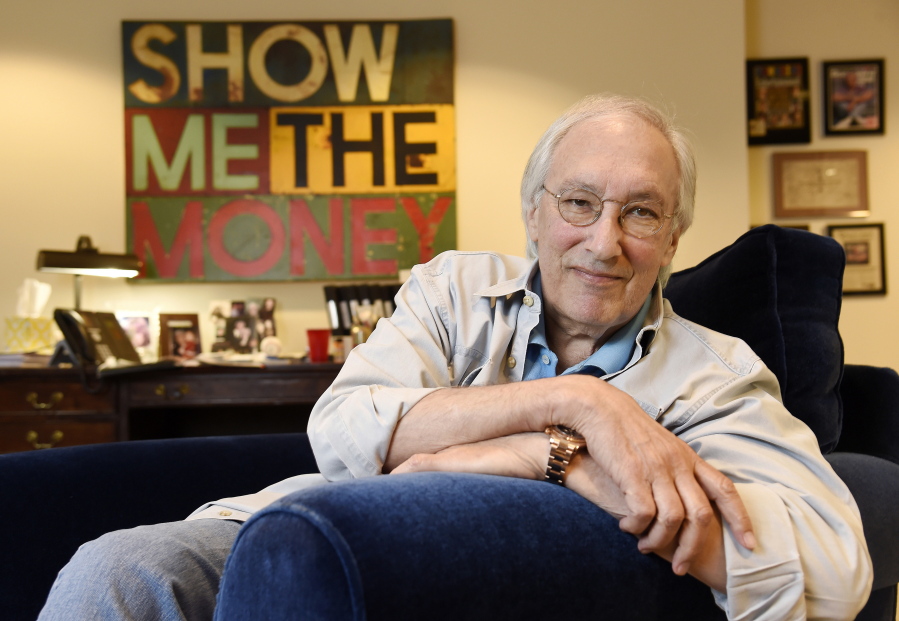Steven Bochco knew he was in hot water. Religious leaders, ABC network affiliates and even some network executives were taking a strong stand against his new drama — a cop show armed with nudity, coarse language, violence and a raw edge that was just not allowed on network television.
The series was “NYPD Blue,” and even Bochco’s reputation as a guiding force behind quality hits such as “Hill Street Blues” and “L.A. Law” for rival NBC offered little comfort to forces who felt the show went too far. In one scene of the series, an angry police detective grabbed his crotch and cursed at a female district attorney. Another showed a man being shot several times at close range. Then there was the scene that depicted a couple having sex, the camera panning their uncovered nude bodies.
At least 30 ABC stations decided not to air the premiere. But with his characteristic bravado, Bochco refused to back down and edit the content.
“The affiliates are concerned and nervous about something that has not been done before,” Bochco said. “But this is the show that ABC committed to, and the show that we wanted to do. I have strong belief in the integrity of the viewer, and it’s the right of the viewer to make his or her own choice on whether to watch the show.”
The unedited premiere of “NYPD Blue” aired in September 1993, drawing mostly rave reviews and huge ratings. Bochco had another hit on his hands, just another in a long line of groundbreaking dramas that transformed the landscape of prime-time network television and established him as one of the most elite and visionary producers in the history of television.
During his illustrious career, Bochco, who died Sunday at 74 after battling cancer, was known not only for his headstrong ways, but for taking established network TV genres such as cop, legal and medical shows and injecting them with a realism that touched on topical issues. The key characters in “Hill Street Blues,” “L.A. Law,” and numerous other shows such as “Doogie Howser M.D.,” “Murder One,” “Hooperman,” “Brooklyn South” and “City of Angels” were flawed, heroic and multi-dimensional.
He also took risks that put him on shaky ground more than once. With partner Michael Kozoll, Bochco in 1981 co-created “Hill Street Blues,” about the personal and professional struggles of police officers working in a crime-ridden urban precinct.
NBC executives were nervous even before the premiere. The show got off to a rough start, and barely received a second season — at the time, it was among the lowest-rated shows ever renewed at the network.
“It was messy, barely controlled chaos,” Bochco recalled in 2014. “We were really inventing it as we went along. There has never been anything like it before in terms of size and sloppiness. Words were tumbling out in the background, the frame was teeming with characters.”
Each “Hill Street Blues” episode kicked off with the day’s roll call, for the first few seasons overseen by the formidable but fatherly Sgt. Phil Esterhaus (the late Michael Conrad). His daily rundown always ended with a phrase that soon became a cultural touchstone: “Let’s be careful out there.”
Audiences eventually embraced “Hill Street Blues” and during its seven-season run the series racked up 26 Emmys, including four consecutive awards for outstanding drama. The series today is widely regarded as revolutionary, paving the way for the current golden era of serial TV drama in which large ensembles populate complicated plots.
“There’s no question that the show was a tipping point in not only how an audience responded to TV, but how those of us making TV came to see what we were doing in a very different light,” said Bochco, who won 10 Emmys during his career and was nominated for 30. “It expanded the drama form and the medium. Lots of shows that came behind us might not have had the same success if we had not broken through.”




